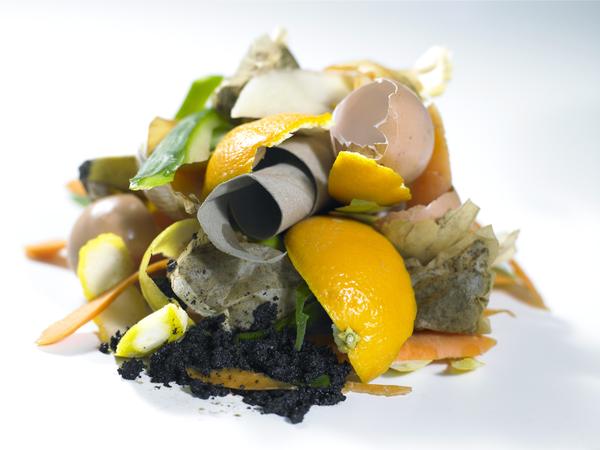How To Become More Self-Sufficient Without Starting a Full-Blown Farm…
Want to start preserving your harvest, making your own soap, or building a backyard root cellar — but not sure where to begin? “Homesteading Advice” gives you instant lifetime access to 35+ practical homesteading books on food preservation, veggie gardening, DIY natural cleaning products (save over $250 per year with this skill alone), brewing, off-grid energy, and a whole lot more…
Click Here To Check It Out Now!
“Composting food scraps at home is one of the most important aspects of home composting. Why? Because food scrap items such as vegetable and fruit waste, meal leftovers, coffee grounds, tea bags, stale bread, grains, and general refrigerator spoilage are an everyday occurrence in most households.
One of the “great waves” in municipal and home recycling is the concentration on what to do with the enormous amount of food waste generated in and out of the home, by businesses, or as a result of surplus farming.
On the grand scale, it is estimated that about one-half of all food that is produced or consumed in the U.S. is discarded. The main culprits are spoilage and overproduction/surplus.
A typical household throws away an estimated 474 pounds of food waste each year. Put another way, that is about 1.5 lbs per person a day in the U.S. Food scraps generated by all households in the United States could be piled on a football field more than five miles (26,400 feet) high…”

